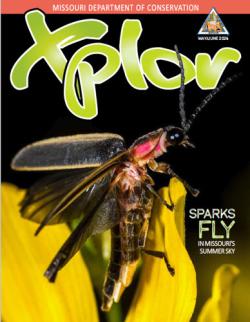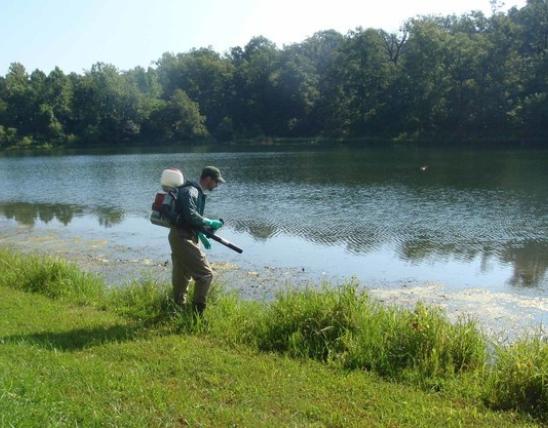
Xplor reconnects kids to nature and helps them find adventure in their own backyard. Free to residents of Missouri.


































Stay in Touch with MDC news, newsletters, events, and manage your subscription

Xplor reconnects kids to nature and helps them find adventure in their own backyard. Free to residents of Missouri.

A monthly publication about conservation in Missouri. Started in 1938, the printed magazine is free to residents of Missouri.


JEFFERSON CITY, Mo. – The Missouri Department of Conservation (MDC) confirms additional cases of highly pathogenic avian influenza (HPAI) have been detected this fall in Missouri. Outbreaks affecting waterfowl species have been reported in Chariton, Jackson, St. Charles, and St. Louis counties.
“In September, HPAI was detected in waterfowl returning from arctic nesting grounds in northern states,” said MDC State Wildlife Veterinarian Sherri Russell. “We expected a return of the virus and have seen diseased birds beginning this October.”
Due to ongoing waterfowl hunting seasons this fall, waterfowl hunters should properly dispose of harvest waste. After cleaning waterfowl, hunters are encouraged to place the remains in trash bags and dispose of them through trash collection or a permitted landfill. Bald eagles and other raptors are particularly susceptible to avian influenza. This simple action could help prevent bald eagle and other raptor mortalities.
Hunters should also be aware that it is possible to transport avian influenza viruses on boats, waders, or other equipment, especially if it isn’t dry before moving it from one site to another. Allowing hunting equipment to dry between outings will reduce this chance.
Avian influenza, commonly referred to as bird flu, spreads as birds along the North American flyways intermingle with infected birds from Europe and Asia. The viruses are transmitted from bird to bird through fecal droppings, saliva, and nasal discharges. There is a risk for spillover from wild birds into domestic poultry and then back again from poultry to wild birds, resulting in further spread.
“Avian influenza does not present an immediate public health concern, though on rare occasions it has infected humans and other animals,” said Dr. Russell. “It is safe to eat poultry and wild game birds because normal cooking temperatures are hot enough to kill the virus if present. Make sure to cook meat to an internal temperature of 165 degrees Fahrenheit.”
Situation updates of ongoing avian influenza in wild birds are available online at https://short.mdc.mo.gov/4GX. For domestic poultry situational updates and biosecurity information, visit the Missouri Department of Agriculture website at